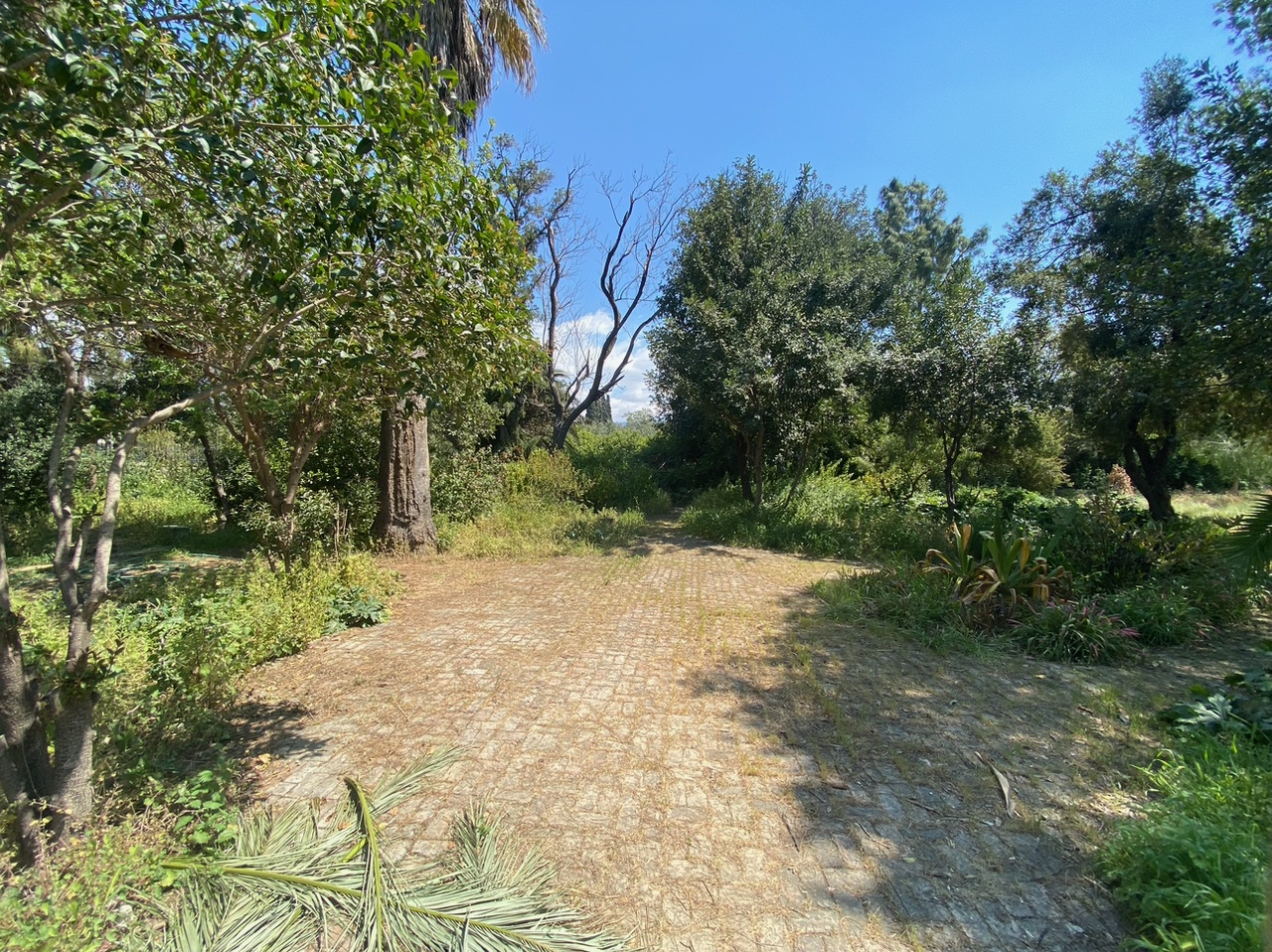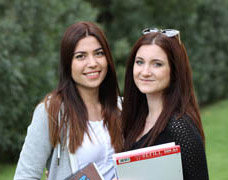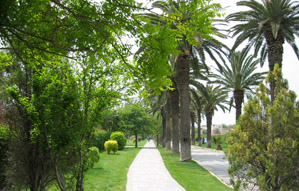AN IDEAL CITY

As the European project An Ideal City enters the phase of the recast of MicroDances for the public space – Athens is introducing those dance reenactments as re-enchantments:
a reminder of the agency of the natural within the cultural, a visit out into patterns of difference, a walk through the web of life that nourishes (para)urban realities, artistic creation, the more-than-human communities.
Eight of the short dance performances that were presented within museum spaces in 2021, are reconfigured and will unfold at the premises of the Agricultural University of Athens (AUA)
The third oldest public university in Greece, is situated within the beating heart of the capital and covers a sprawling area of botanical gardens, greenhouses, cultivated fields, animal shelters, barns, vineyards, beekeeping and compost units,
conservation laboratories, teaching halls, a museum and a library, important material archives, student hubs, seed depositories, a treasure of artistic-scientific representations of Greek flaura.
AUA is emblematic in that it shares the historic and re-developing area of Votanikos (Botanical Gardens) with, both abandoned and new small businesses, with reconfigured industrial units and independent art spaces, with night-clubs and houses.
Its academic units spread across both sides of the ‘Sacred Way’ (Iera Odos) that connected Athens to Eleusis - the ancient center of the cult of Mysteries - and are bordering with the important archaeological sites of Kerameikos and Plato’s Academy.
If it is true that no city can be ‘ideal’ and no art can be about change unless they are animated by cosmoecological mindfulness and fertile pedagogies, the Athens MicroDances are engaging with the active laboratory of the urban body, its long-term economies and precarious circumstances.
They are moving us through the locus of this major Greek agricultural Institution with the international outreach, as if within the open ‘stomach’ of the city and its multiple networks. There where the politics of food meet the future of care-full thought and creative ecologies are growing in study, in the cultivation of everyday, embodied cosmopolitics.
Each of the reenacted dance pieces emerges organically from within this rich eco-system. Each offers a pause and a celebration of various functions and their symbiotic value:
The architecturally imposing central square (1), the central building hall with the preserved ancient olive tree (2), the old side-yard (3), the semi-hidden Flower Nursery (4), the glass Floriculture Greenhouse (5), the meandering interstitial spaces (6), the area of arboriculture (7), the tractor shed near the old arboretum (8), the blooming alleys and forking pathways, the busy student body, the polyphony of life, the roaming nature of knowledge.
Immersed in the paradox of a rural atmosphere within a contemporary city scape we can be reminded of the very roots of the idea of the city, the response-ability of the bodies that shape its future, the wild that always lives at the heart of the domestic.
Nadja Argyropoulou
Independent curator, art historian



